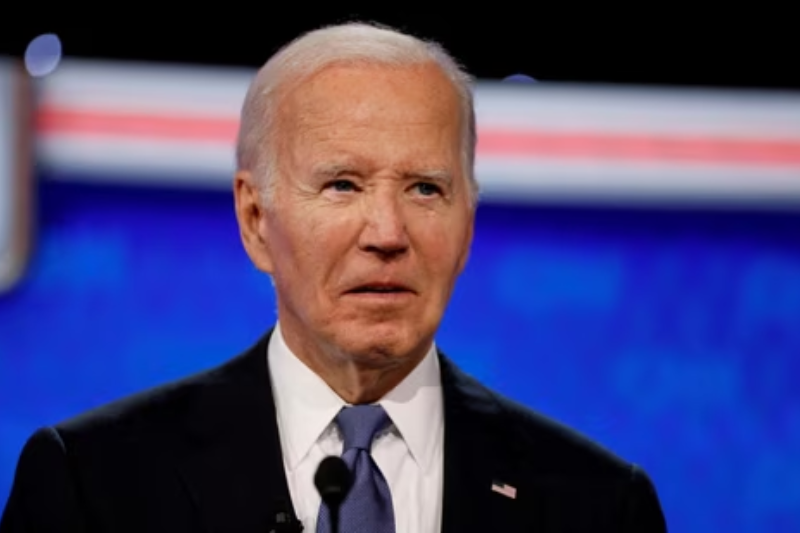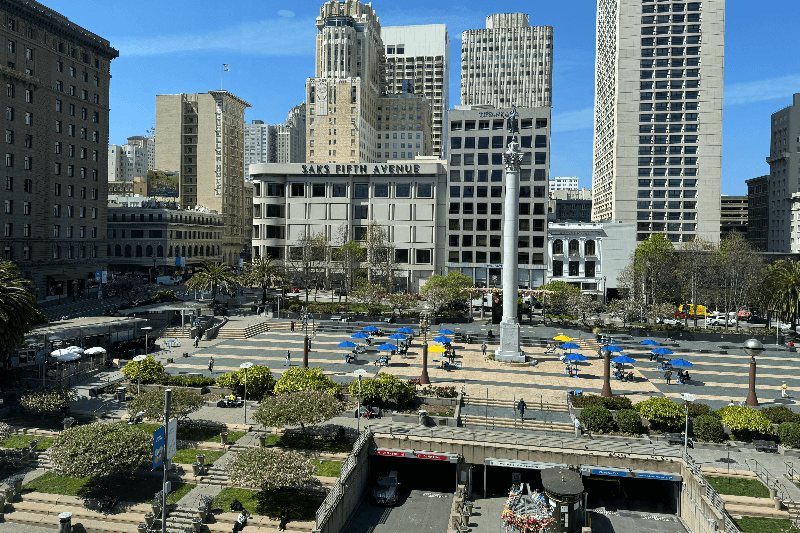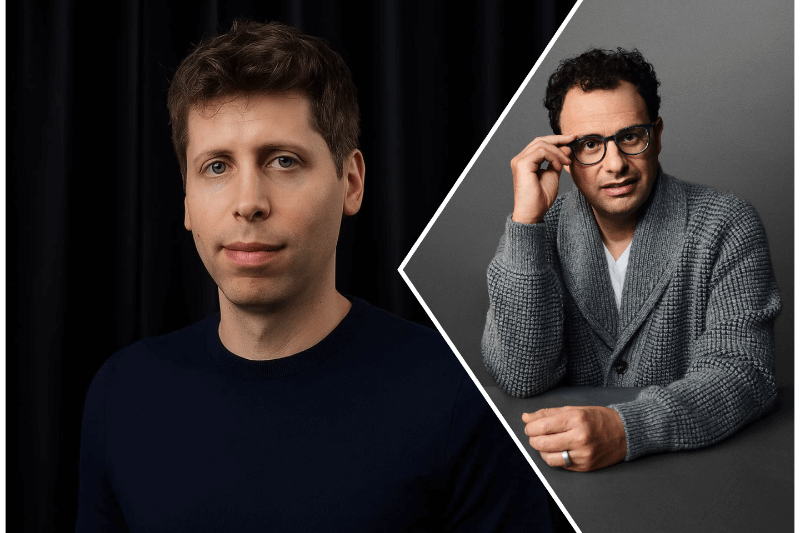
Bribes, Assassination, and Pardons: Supreme Court Ruling Raises Questions on Presidential Power
Monday’s Supreme Court ruling largely shields former President Trump from criminal prosecution, sparking questions about how unchecked future presidents might act. The decision limits Trump’s prosecution for actions leading up to January 6, 2021, and weakens special counsel Jack Smith’s case by restricting what presidential actions can be used as evidence. This precedent could impact Trump’s other ongoing cases and raises concerns about future presidential abuses that might escape legal scrutiny.
Justice Sonia Sotomayor, in her dissent, warned that the ruling gives presidents sweeping immunity, potentially allowing them to use their office for nefarious purposes. The court decided that presidents have immunity for core official actions taken while in office, and are “presumptively” immune for all other official acts.
Neil Eggleston, former White House counsel to Ex-President Obama, noted that the ruling seems to allow even extreme actions, such as ordering military operations against political rivals, under the guise of presidential duties.
Keep Reading
The ruling sends Trump’s case back to the district court to determine which of his actions leading up to January 6 are considered official acts. The decision indicates that actions with roots in presidential roles are likely protected from prosecution, including Trump’s pressure on the Department of Justice to investigate baseless election fraud claims, which the court deemed immune.
Chief Justice John Roberts wrote that presidential discussions about Justice Department actions are permitted, emphasizing the president’s authority over prosecutorial functions.
To the court’s liberal justices, this grants presidents immunity even in extreme scenarios. Justice Sotomayor argued that the ruling insulates presidents from prosecution for any official acts, regardless of their nature or intent.
Justice Ketanji Brown Jackson, in her dissent, questioned whether criminal laws, like those against murder, could apply to presidential actions. Eggleston suggested the ruling could permit presidents to accept bribes for pardons or other favors without consequence.
Other elements of the decision complicate Smith’s efforts to prosecute Trump. The ruling bars evidence related to official acts from being used in criminal cases, making it harder to build a case against Trump. Justice Amy Coney Barrett, in a concurring opinion, argued that excluding such evidence hampers prosecutions.
The decision also prevents courts from considering a president’s motive when determining whether actions were official or unofficial, a crucial factor in proving corrupt intent.
Former U.S. attorney Barbara McQuade said this approach makes it difficult for prosecutors to prove corrupt intent without examining motive. MSNBC legal analyst Lisa Rubin highlighted another example, suggesting that a president could raid a political rival’s home out of personal animosity without legal repercussions.
Trump has already used the ruling to challenge his Manhattan hush money case verdict and plans to leverage it in his Georgia election interference and Mar-a-Lago documents cases. While the ruling’s impact on these cases remains uncertain, it could encourage further legal debates about presidential immunity.




